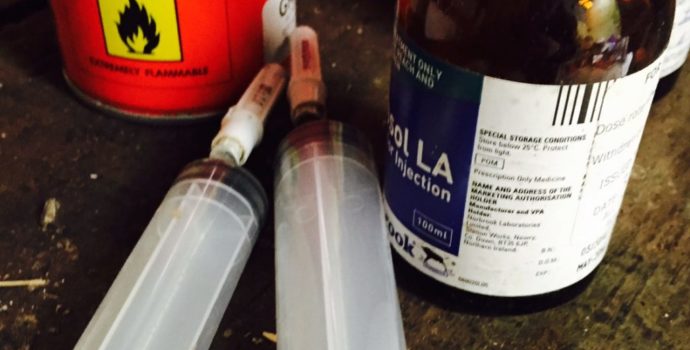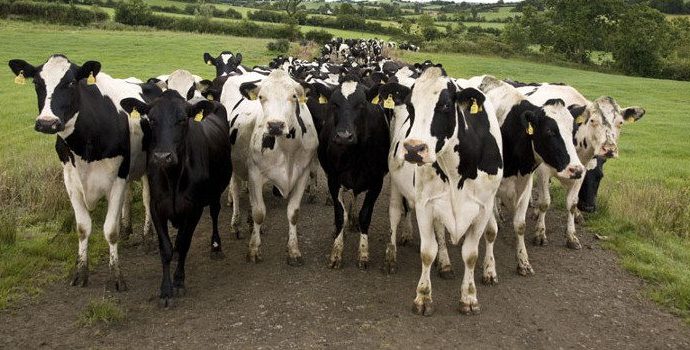Eu Commission Must Act as Nitrogen Manufacturers Push Through Unjustified Price Increases – Coughlan

IFA Inputs Project Team Leader John Coughlan has said that leading European nitrogen manufacturers are attempting to push through unjustified further price increases in recent days for CAN and AN (ammonium nitrate) at a time when gas prices, which constitute 70% to 80% of the production, costs remain on the floor.
John Coughlan said the EU Commission must move immediately to remove anti-dumping duties on AN and customs tariffs on non-EU fertiliser imports to introduce much needed competition in the European fertiliser market as family farm incomes across all commodity sectors remain on the floor.
“There is an onus on the EU Commission to take immediate action. Fertiliser is the third highest cost for EU farmers. In addition, major EU fertiliser manufactures have made very significant profits in recent years, which far exceed industry norms when benchmarked against other world manufacturers. This is due to the protection afforded by the imposition by the EU of customs tariffs and anti-dumping, which are in existence since 1995 – an unprecedented length of time. These tariffs and anti-dumping duties have enabled European manufacturers to set internal fertiliser prices at inflated price levels costing EU farmers, according to an IFA commissioned IFPRI report – an additional €1billion per annum.
“The EU fertiliser market is clearly dysfunctional as product prices do not obey the laws of supply and demand nor have they tracked the collapse in the main raw material used, namely gas.
“On foot of the latest unwarranted price increases by Yara for AN and CAN prices of €27/t and €23/t respectively, DG Competition must also instigate an investigation into the EU fertiliser industry. Major manufacturers very effectively use price signalling to indicate imminent upward price movement. IFPRI in its recent report into the operation of the EU market said that ‘Based on the observed data, prices in Western European countries actually increased by 123%, while prices in Brazil decreased by 65%; this further suggests that additional factors, such as price fixing and cartels, might be operating in highly concentrated markets such as Western Europe and calls for the need to further examine pricing behaviour and potential market power exertion in the industry.”




